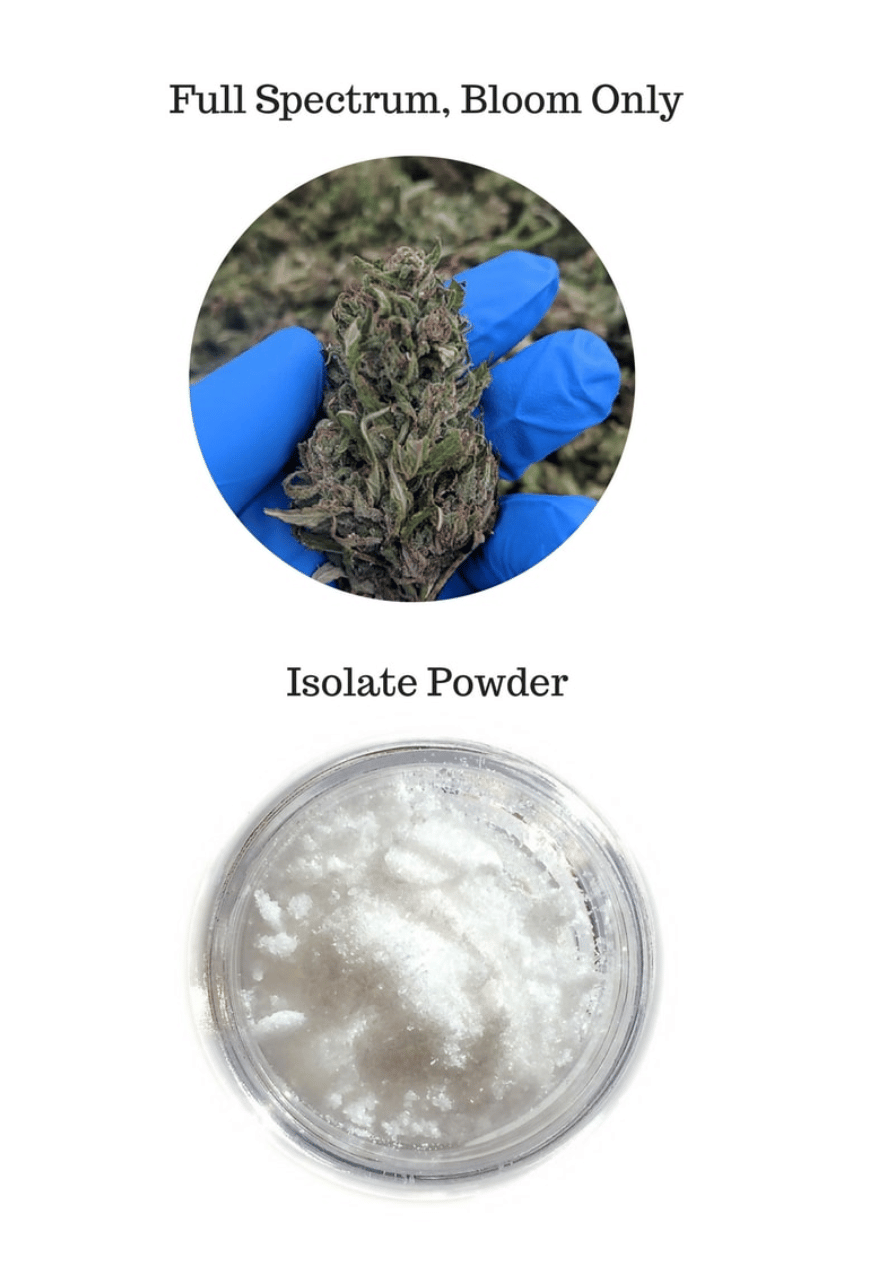
Unveiling the Distinctiveness: CBD Isolate vs Full Spectrum
In the realm of CBD, understanding the difference between CBD isolate and full spectrum is crucial for making an informed decision. At Bluegrass Hemp Oil (BHO), we not only embody quality but also believe in the holistic approach of full spectrum CBD. Here, we delve into the intricacies of CBD Isolate vs Full Spectrum, aiming to provide a clear perspective on what suits your wellness journey.
Understanding the Basics: CBD Isolate vs Full Spectrum
The primary difference between CBD isolate and full spectrum lies in the composition. While CBD isolate is the purest form of CBD, full spectrum encompasses all cannabinoids, terpenes, and flavonoids present in the cannabis flower.
The Full Spectrum Philosophy at BHO
We at BHO venerate the full spectrum approach, ensuring that none of the beneficial components of the cannabis plant are isolated or removed. This philosophy underscores the synergistic interaction of cannabinoids, often referred to as the “Entourage Effect”.
Benefits Over Isolate: A Closer Look
Studies suggest that full spectrum CBD tends to have a higher percentage of benefits as compared to CBD isolate. The presence of various cannabinoids in full spectrum CBD contributes to a more potent impact, unlike CBD isolate which tends to be less effective over time. Explore more on the benefits of full spectrum CBD.
Isolates: A Compromise on Quality?
CBD isolates, although having their place, often represent a compromise on quality. They allow for circumventing regulations, ramping up production, but at the expense of delivering a product that might not meet the desperate needs of individuals seeking relief.
Full Spectrum: A Quality Uncompromised
Our mission at BHO transcends beyond mere CBD production. It’s about setting a high-quality standard through our full spectrum, bloom only products, ensuring a superior level of efficacy and benefits. Dive deeper into the comparison of CBD vs THC to broaden your understanding.
Engage with BHO’s Quality Assurance
We invite you to explore our range of high-quality full spectrum products and educate yourself on the various types of CBD. At BHO, we prioritize education and quality, guiding you towards making an informed choice in your CBD journey.


Recent Comments